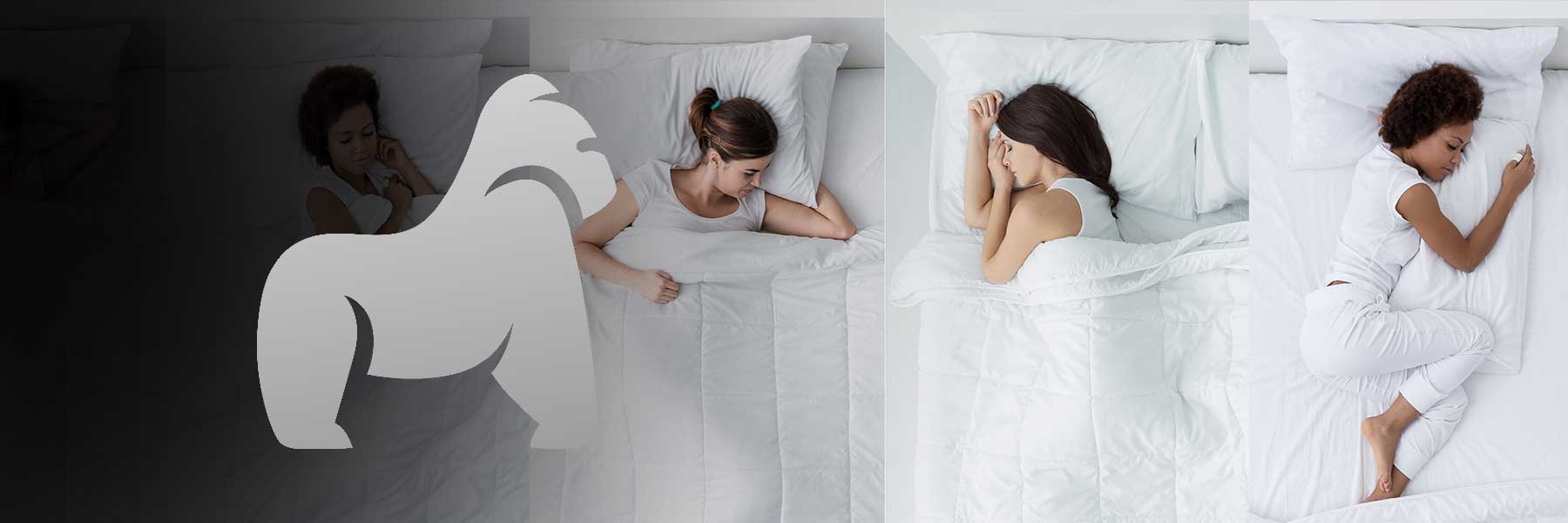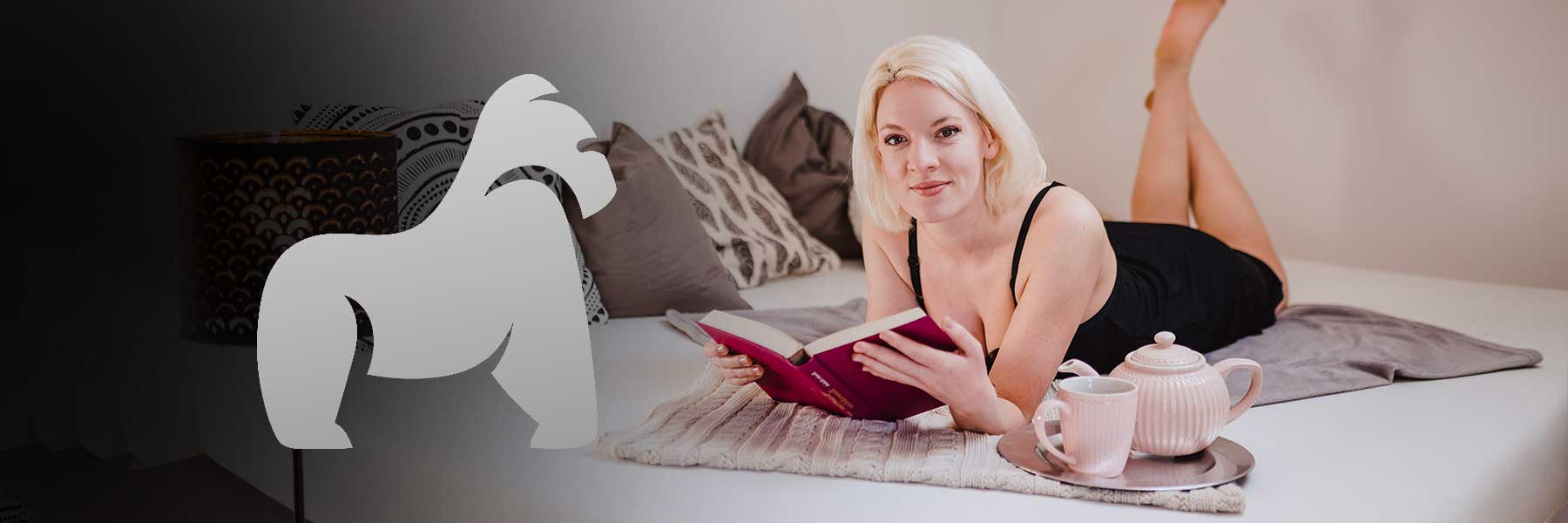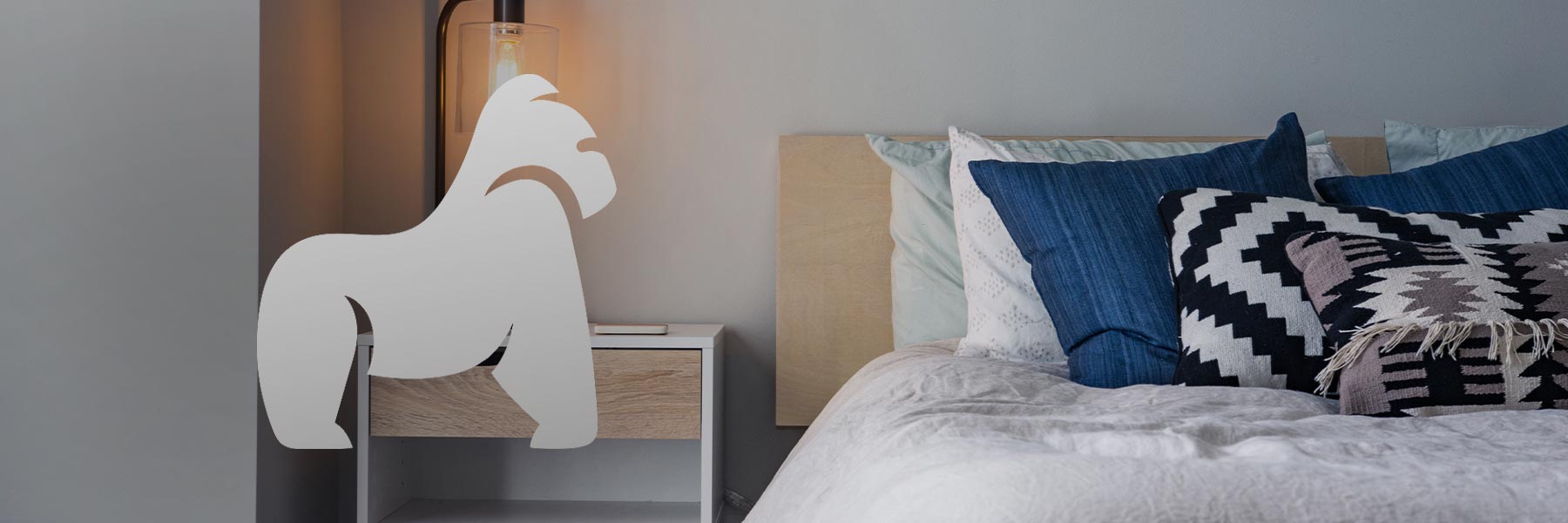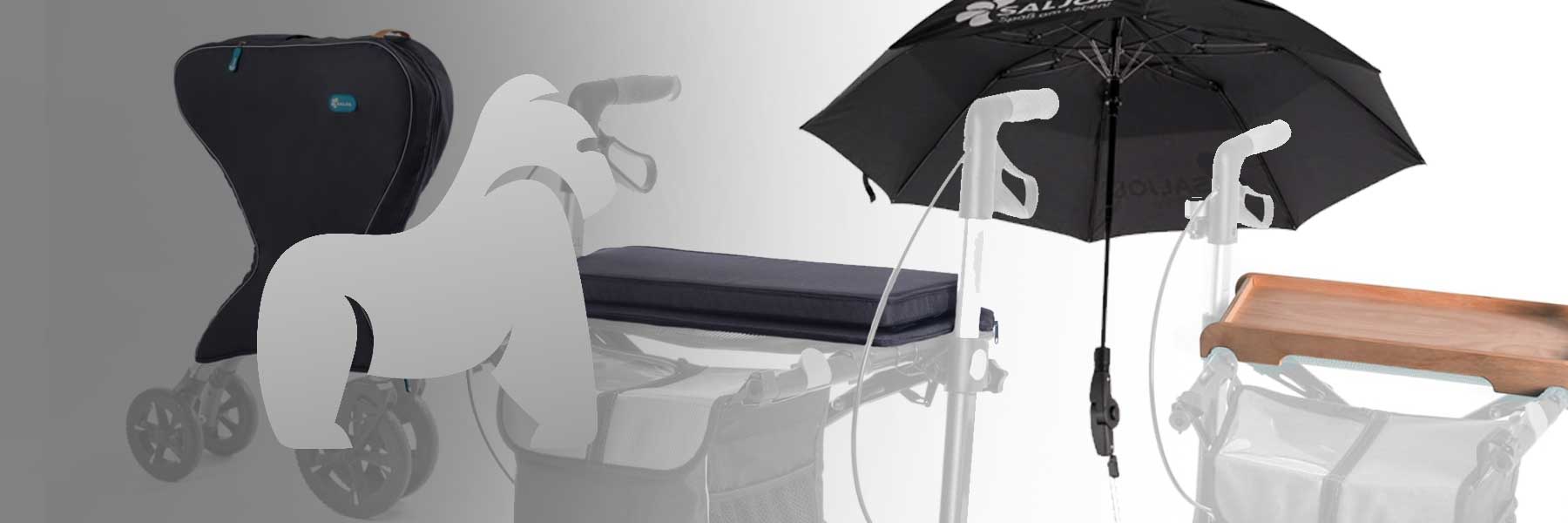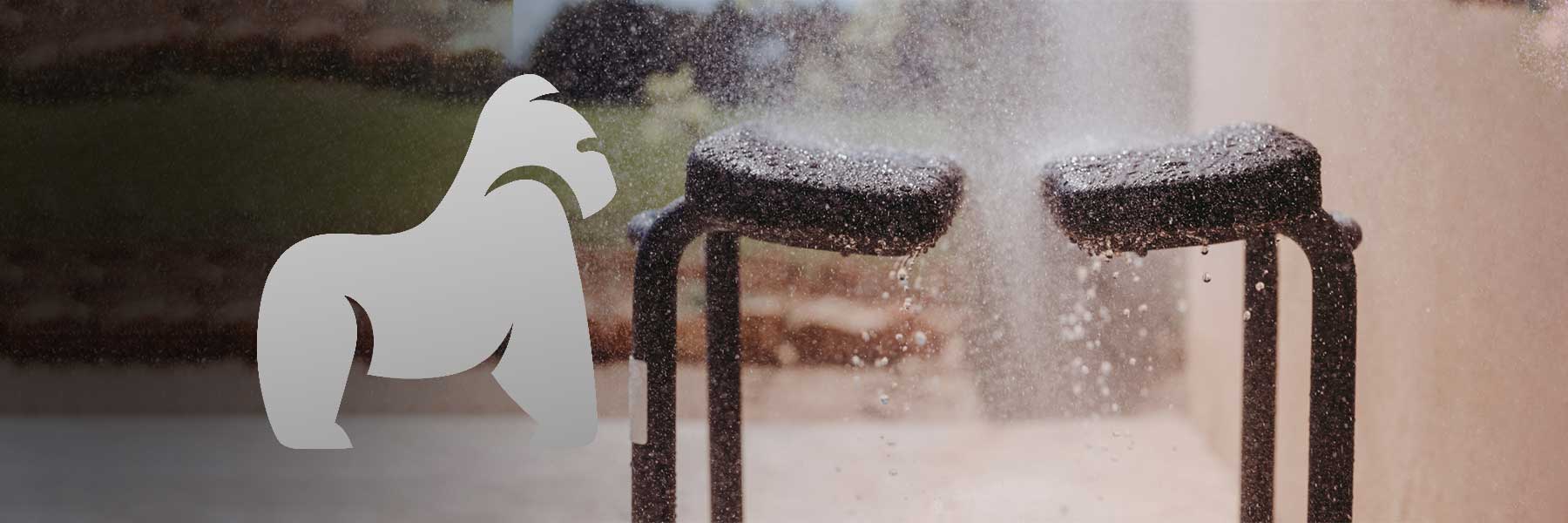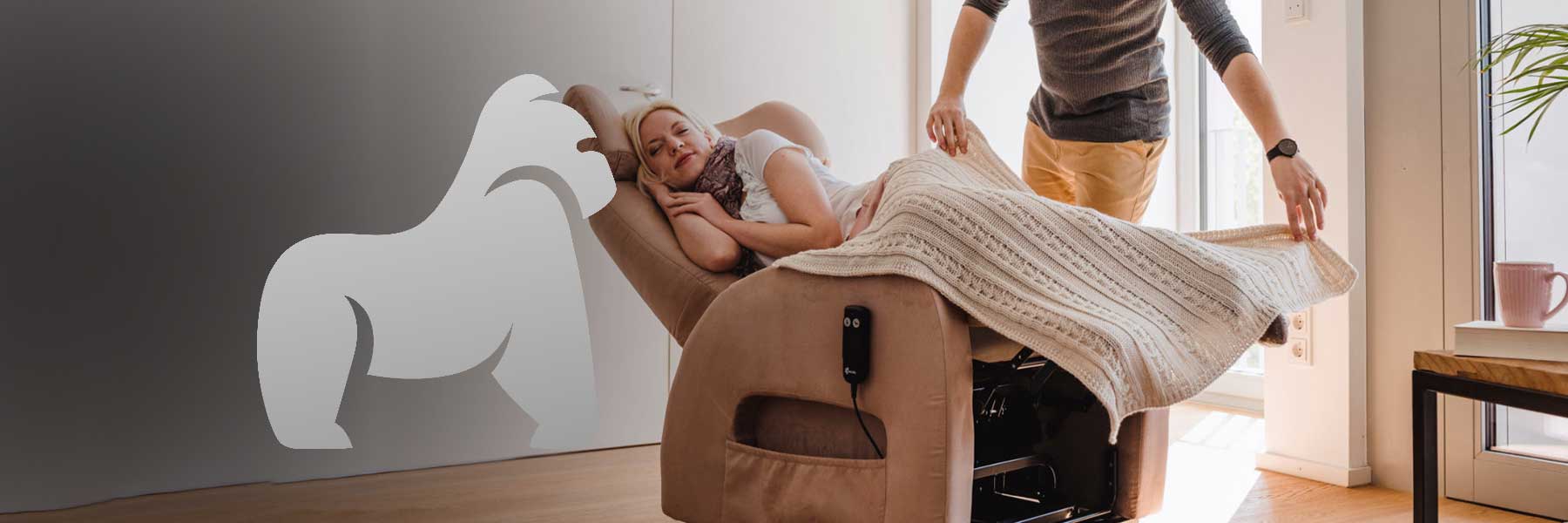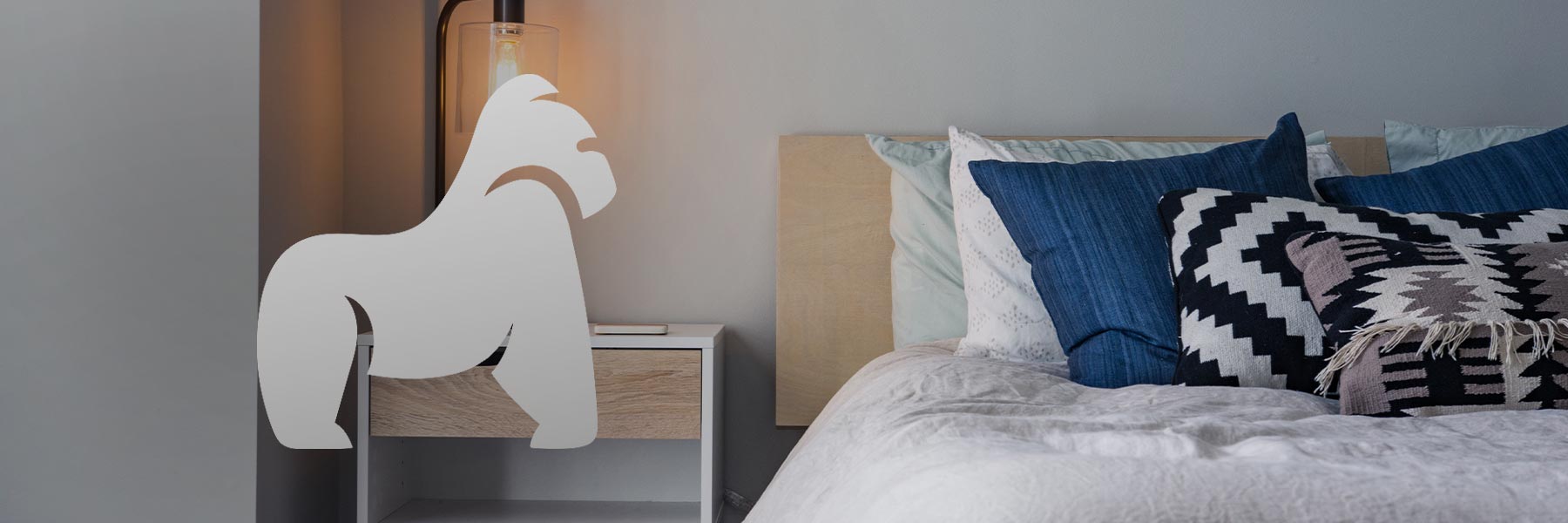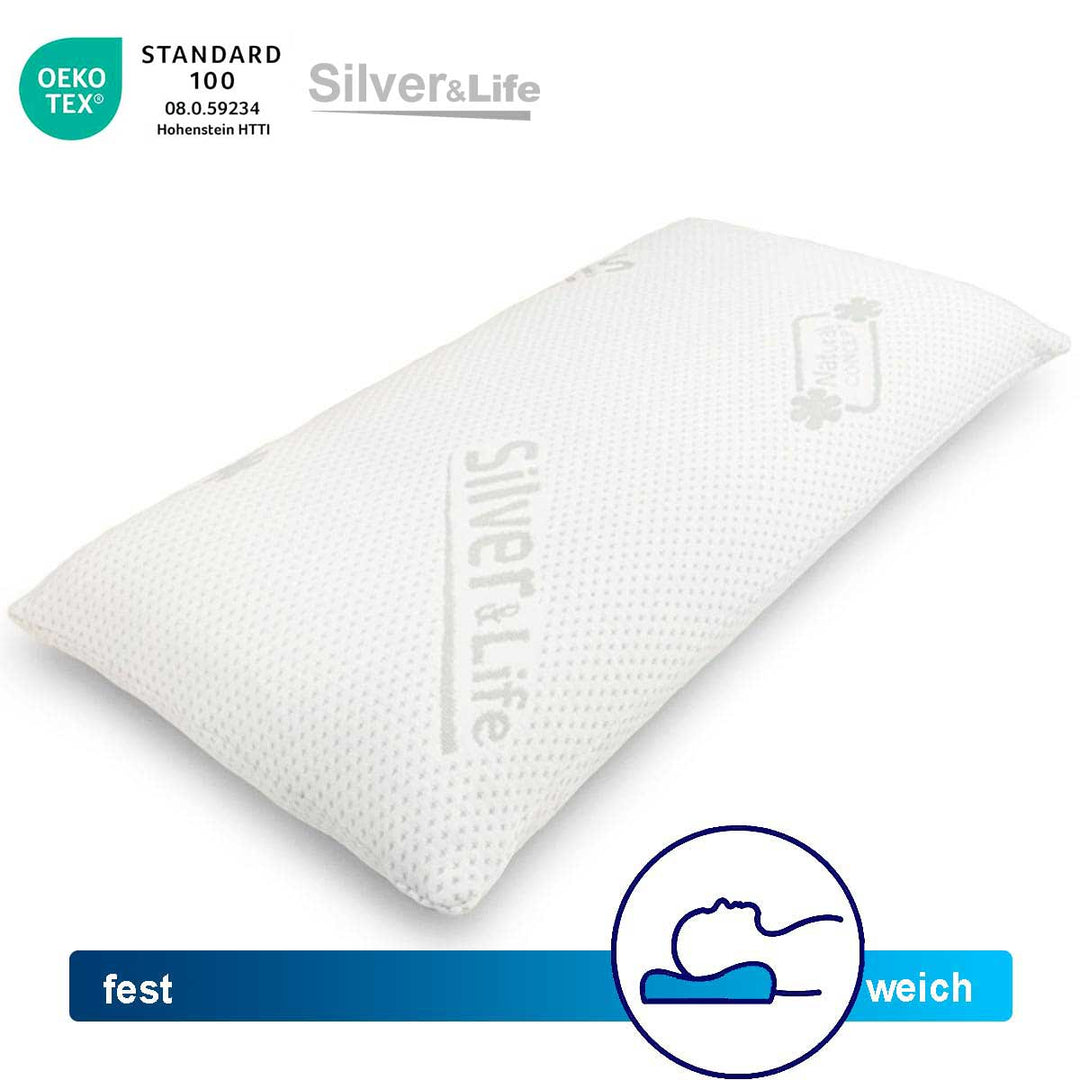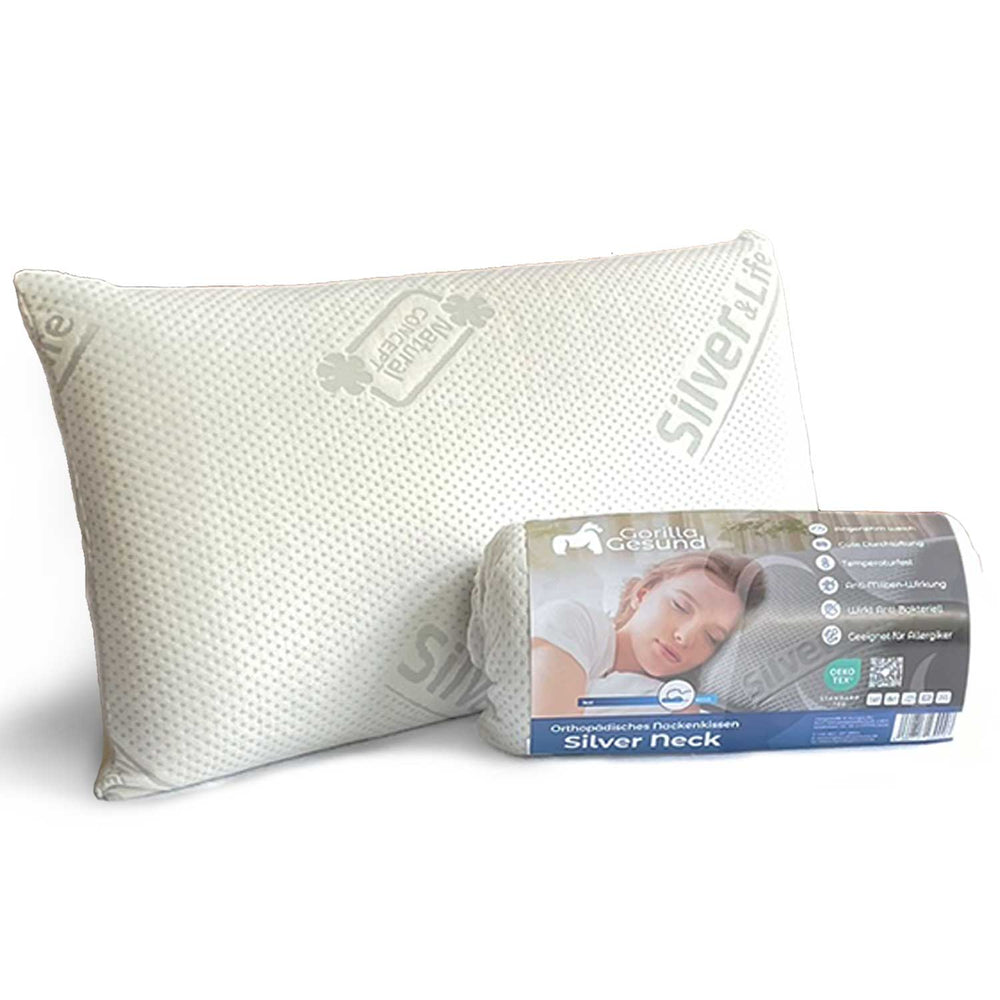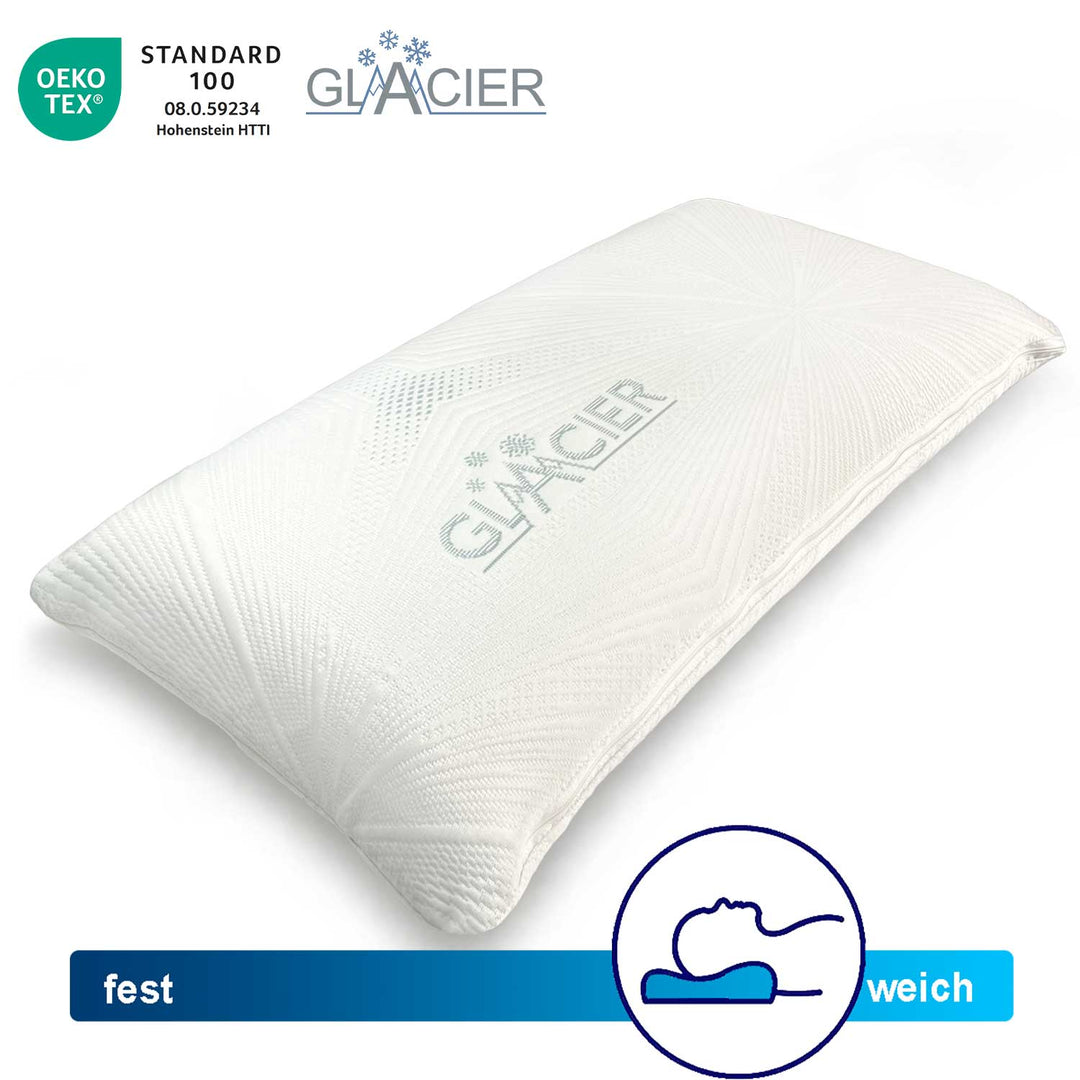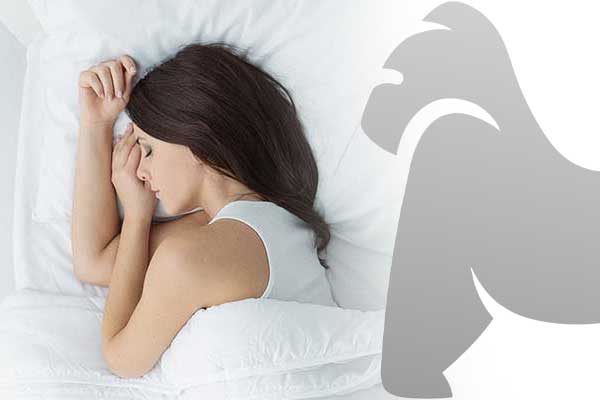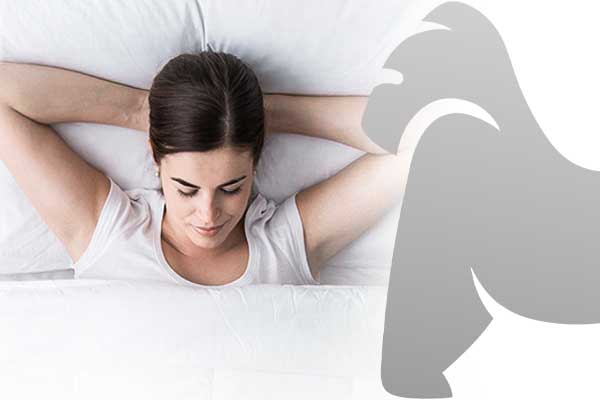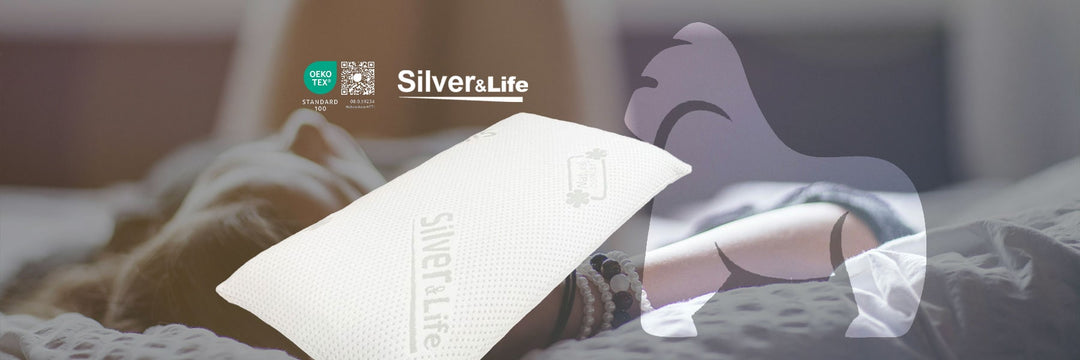
How to use a sleeping pillow to alleviate snoring
Snoring is a common problem that affects many people. It can be disturbing not only for the snorer but also for the partner in bed. Fortunately, there are many ways to alleviate snoring, including the use of special sleeping pillows. In this article, you will learn how to use a sleeping pillow to alleviate snoring.

How do sleeping pillows against snoring work?
Sleeping pillows against snoring are designed to hold the head and neck in a certain position to improve airflow and reduce or even prevent snoring. When we sleep, our muscles relax, including those in our neck and throat area. This relaxation can cause the airways to become blocked and we start to snore.
A sleeping pillow can help by holding the head and neck in an elevated position to keep the airways open and improve airflow. There are also special pillows designed to improve jaw position and reduce snoring.
What types of sleeping pillows are there against snoring?
There are various types of sleeping pillows against snoring on the market, including:
-
Wedge pillows: These pillows have an inclined shape that holds the head and neck in an elevated position. This improves airflow and reduces snoring.
-
Nackenkissen: These pillows have a special shape that holds the neck in a certain position to keep the airways open. They are especially suitable for people who sleep on their backs.
-
Anti-snore pillows: These pillows are specially designed for people who sleep on their backs and snore. They have a special shape that improves jaw position and reduces snoring.
How to use a sleeping pillow against snoring
If you want to use a sleeping pillow against snoring, there are some tips you should consider:
-
Choose the right pillow: Depending on the sleeping position and individual needs, different types of sleeping pillows may be suitable. It is important to select the right pillow for your needs.
-
Position the pillow correctly: Make sure the pillow is positioned correctly and holds the head and neck in the right position. For example, a wedge pillow should be positioned so that the head and neck are elevated.
-
Try different pillows: It may take some trial and error to find the right pillow for you. Try different types of pillows to see which work best for you.
-
Sleep on your back: A sleep pillow against snoring is most effective when you sleep on your back.
If you usually sleep on your side, it may be more difficult to keep the pillow in the right position, but it is still possible to reduce snoring.
Use the pillow regularly: It may take some time before you notice the full effect of the sleep pillow against snoring. Therefore, use it regularly to achieve the best possible results.
Other tips to reduce snoring
In addition to using a sleep pillow, there are other steps you can take to reduce snoring. Here are some more tips:
-
Sleep on your side: If you usually sleep on your back and snore, sleeping on your side can help reduce snoring. You can place a pillow between your knees to support the position.
-
Weight loss: If you are overweight, losing weight can help reduce snoring.
-
Avoid alcohol and cigarettes: Alcohol and cigarettes can worsen snoring. Therefore, avoid them, especially before going to bed.
-
Treat allergic reactions: Allergies can cause airway blockage and worsen snoring. If you suffer from allergic reactions, talk to your doctor about how to treat them.
-
Treat sleep apnea: If the snoring is severe and accompanied by sleep apnea, you should see a doctor for an examination and receive appropriate treatment.
Conclusion
Using a sleep pillow against snoring can be an effective way to reduce or even prevent snoring. There are various types of sleep pillows against snoring on the market, including wedge pillows, neck pillows, and anti-snore pillows. It is important to choose the right pillow for your needs and use it regularly to achieve the best possible results. If the snoring is severe or accompanied by sleep apnea, you should see a doctor for an examination and receive appropriate treatment.





